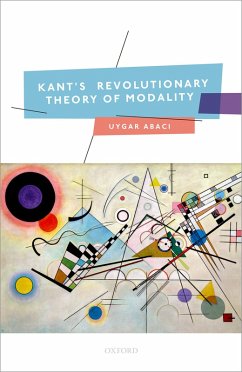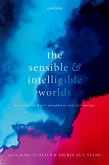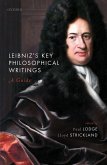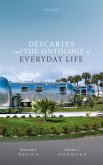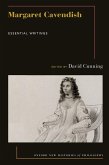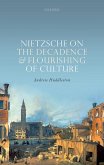Kant's Revolutionary Theory of Modality is a comprehensive study of Immanuel Kant's views on modal notions of possibility, actuality or existence, and necessity. Abac? locates Kant's views on these notions in their broader historical context, establishes their continuity and transformation across Kant's precritical and critical texts, and determines their role in the substance as well as the development of Kant's philosophical project. He makes two overarching claims. First, Kant's precritical views on modality, which appear in the context of his attempts to revise the ontological argument and are critical of the tradition only from within its prevailing paradigm of modality, develop into a revolutionary theory of modality in his critical period, radicalizing his critique of the ontotheological and rationalist metaphysical tradition. While the traditional paradigm construes modal notions as fundamental ontological predicates, expressing different modes or ways of being of things, Kant's theory consists in redefining them as subjective and relational features of our discursivity, expressing different modes in which our conceptual representations of objects are related to our cognitive faculty. Second, this revolutionary theory of modality is not only a crucial component of Kant's critical epistemology and his radical critique of rationalist metaphysics, but it is in fact directly constitutive of the critical turn itself, as Kant originally formulates the latter in terms of a shift from an ontological to an epistemological approach to the question of possibility. Thus, tracing the development of Kant's understanding of modality comes to fruition in an alternative reading of Kant's overall philosophical development.
Dieser Download kann aus rechtlichen Gründen nur mit Rechnungsadresse in A, B, BG, CY, CZ, D, DK, EW, E, FIN, F, GR, HR, H, IRL, I, LT, L, LR, M, NL, PL, P, R, S, SLO, SK ausgeliefert werden.

